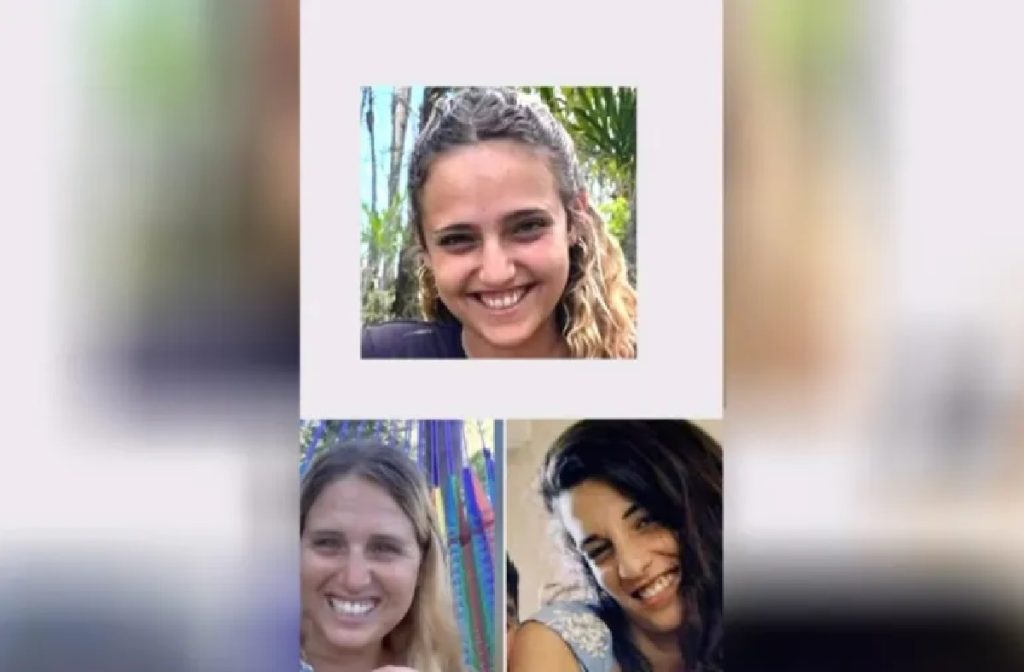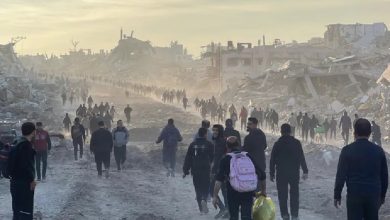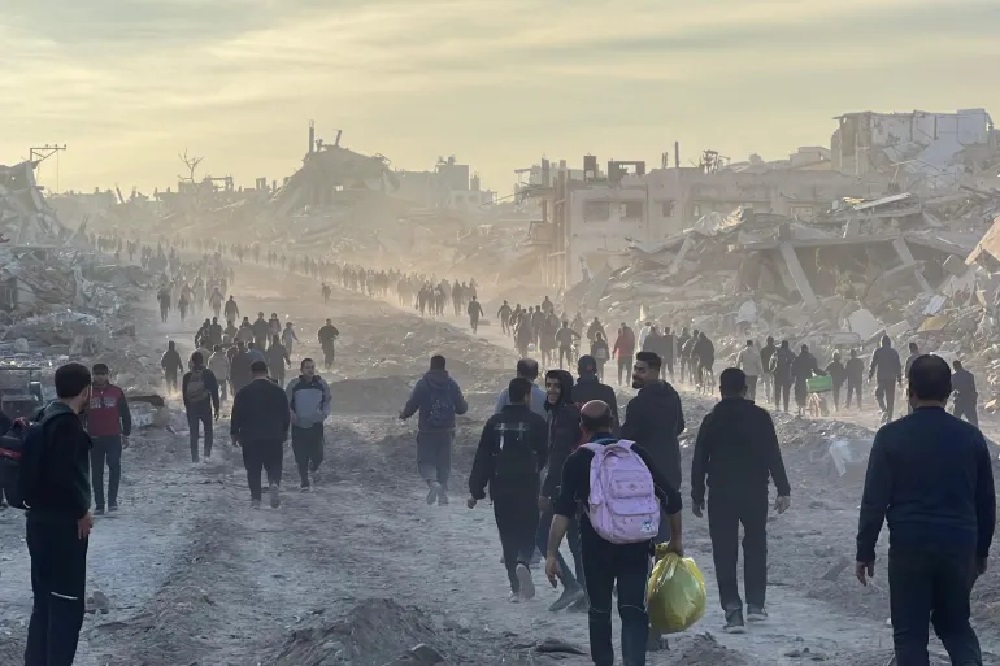Watan-Gaza is preparing for the second phase of the initial stage of the ceasefire and prisoner exchange agreement between Hamas and Israel, which came into effect on January 19.
According to the agreement, this phase begins on the seventh day of implementation (tomorrow, Saturday), during which Hamas will release the second group of Israeli prisoners—four female captives—in exchange for Israel releasing Palestinian prisoners.
Prisoner Exchange
On Friday, Hamas is expected to provide Israel with the names of the four female prisoners, while Israel will, in turn, submit the names of the Palestinian prisoners set for release, a Hamas source told Anadolu Agency.
The source, who requested anonymity, said, “The names will be exchanged later on Friday, and the implementation will occur on Saturday.”
Hamas typically does not announce the timing of handing over Israeli prisoners to the International Committee of the Red Cross (ICRC), which then transfers them to Israel, for security reasons. However, according to the source, the handover is likely to take place Saturday afternoon.
Earlier reports indicated that the four Israeli captives Hamas intends to release include three soldiers and one civilian.

On Wednesday, Yedioth Ahronoth reported that Israel is also set to receive the full list of captives, including both living and deceased individuals, from the remaining 33 prisoners scheduled for release in the first stage. At least 25 of these individuals are believed to be alive.
Between the night of January 19-20, Israel released 90 Palestinian prisoners, including women and minors, from the occupied West Bank, including Jerusalem, in exchange for Hamas releasing three Israeli civilian women captives.
This exchange is part of the first phase of the ceasefire agreement brokered by Qatar, Egypt, and the United States. The agreement is set to last for 42 days, during which negotiations for a second and third phase will take place.
Details of Saturday’s Exchange
According to the source, Palestinian prisoners will be released from Israeli prisons on Saturday. Some of these prisoners are serving life sentences.
For each Israeli civilian prisoner released, Israel will free 30 Palestinian prisoners, including women and minors. For each female Israeli soldier, 50 Palestinian prisoners will be released, including 30 serving life sentences and 20 with lengthy sentences.
The names of the Palestinian prisoners slated for release will be announced later on Friday through official channels, including Hamas’s Prisoners Information Office.
Movement and Humanitarian Aid
After the prisoner exchange, the Israeli army is set to fully withdraw from the western axis of Netzarim (central Gaza), moving from Al-Rashid coastal road to Salah al-Din road in the east.
Following this withdrawal, Palestinians will be allowed unrestricted movement between northern and southern Gaza. Displaced residents will be permitted to return to their homes without weapons, and humanitarian aid will continue to flow into Gaza without restrictions via Al-Rashid road.
Aid will enter Gaza through three crossings: Kerem Shalom (for areas south of Netzarim), Erez (Beit Hanoun), and Zikim (for areas north of Netzarim).
The large-scale return of displaced residents from southern to northern Gaza is expected to begin on Sunday morning after the Israeli withdrawal is completed late Saturday night.
Instructions for Return
On Thursday, the Gaza Government Media Office issued instructions for displaced residents returning from the south and central areas to northern Gaza.
Residents can move on foot via Al-Rashid road starting Sunday, January 26, while vehicles can use Salah al-Din road from the same date. All vehicles will be inspected using X-ray technology by a joint Egyptian-Qatari committee.
Rafah Crossing
The Rafah border crossing between Gaza and Egypt, which has been under Israeli control since mid-last year, will open on February 2 for the transfer of wounded individuals.
Yedioth Ahronoth reported that Israel is in talks with Egypt to reopen Rafah for civilian movement starting on the 14th day of the ceasefire. However, the crossing will only be operational for people and subject to Israeli and Egyptian pre-approval of those crossing.
Israel has denied reports suggesting that the Palestinian Authority will resume control of the Rafah crossing, insisting that the crossing remains under Israeli oversight per the agreement.
Once all Israeli captives—civilian and military—are released, Rafah will be fully operational for the movement of civilians and the wounded.
-
-

-
-
-
-
